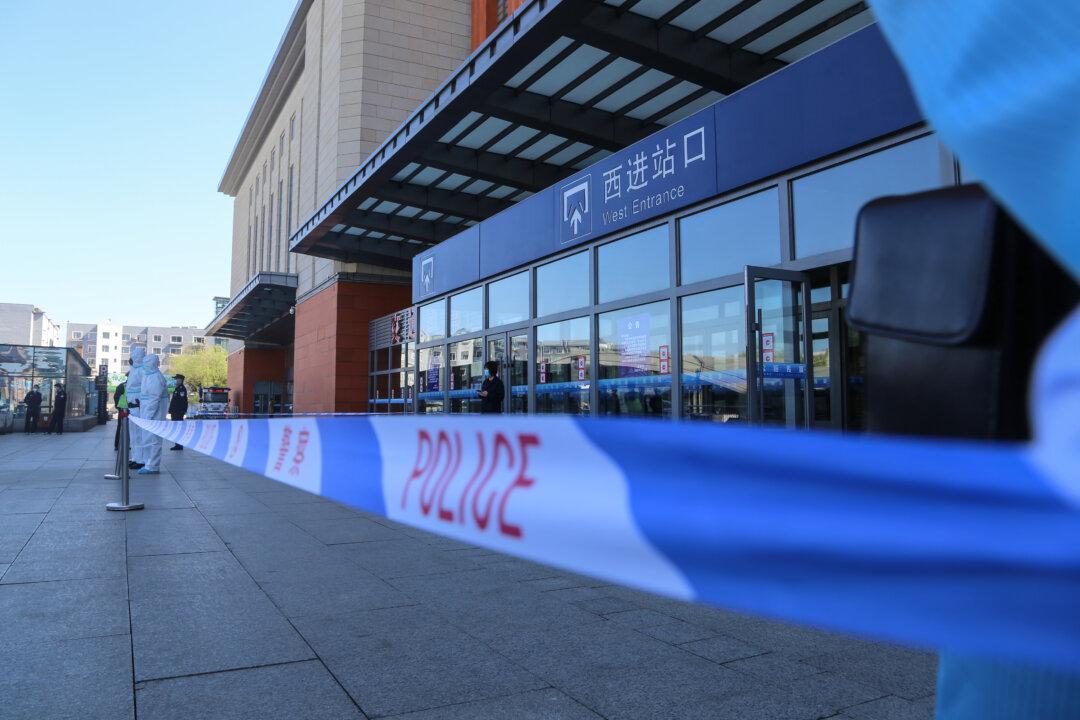Amid a severe CCP virus outbreak in northeastern China, authorities have isolated more than 8,000 people on May 15 who were close contacts of the first people diagnosed in the second wave outbreak.
The CCP (Chinese Communist Party) virus, commonly known as the novel coronavirus, first broke out in the central Chinese city of Wuhan in late 2019. The virus quickly spread to all parts of the country.





